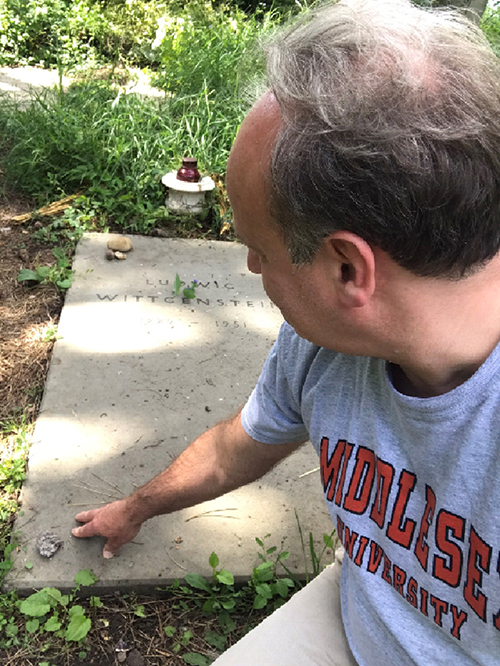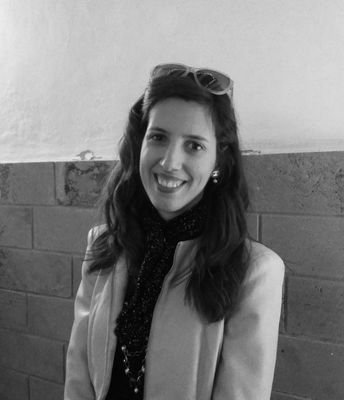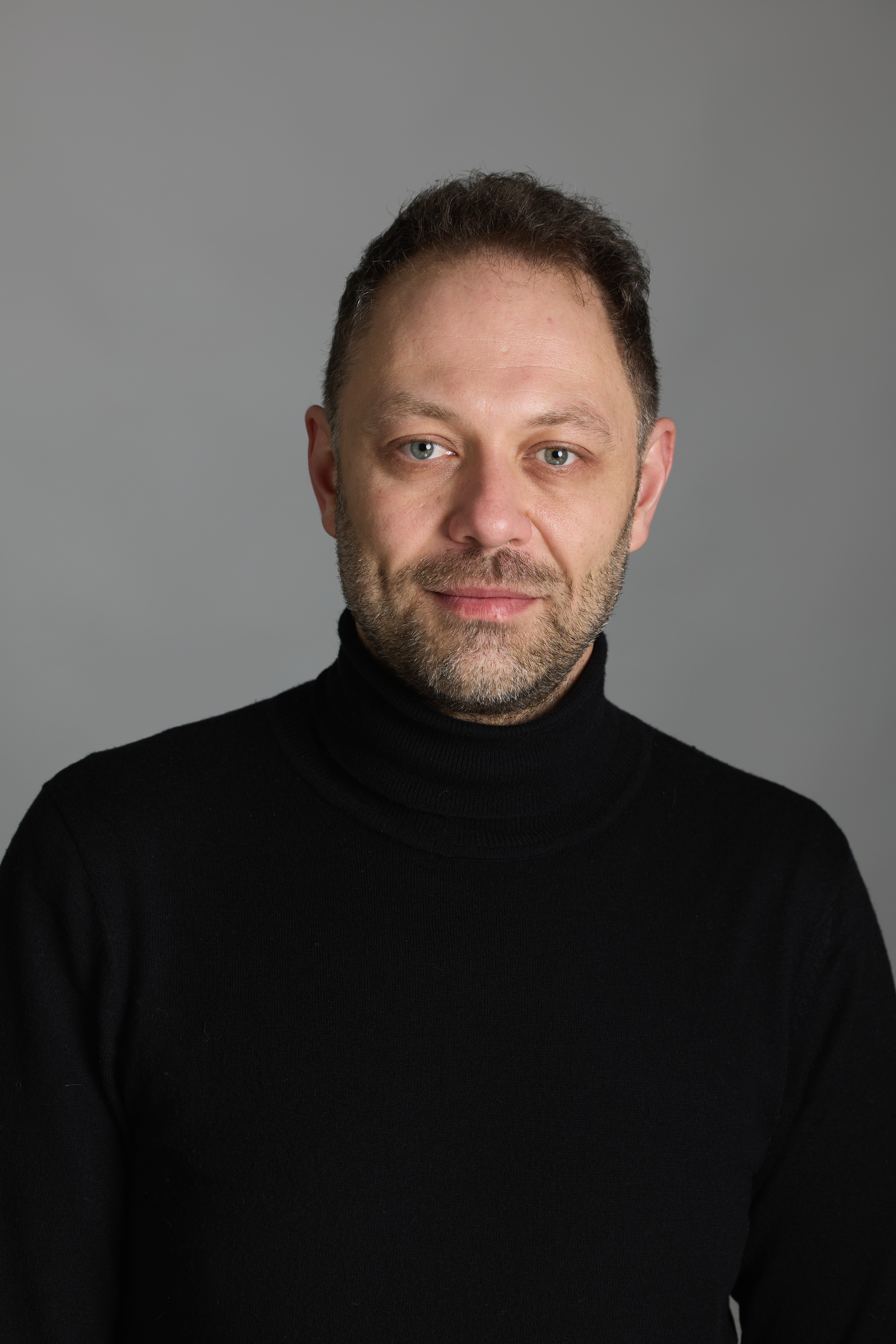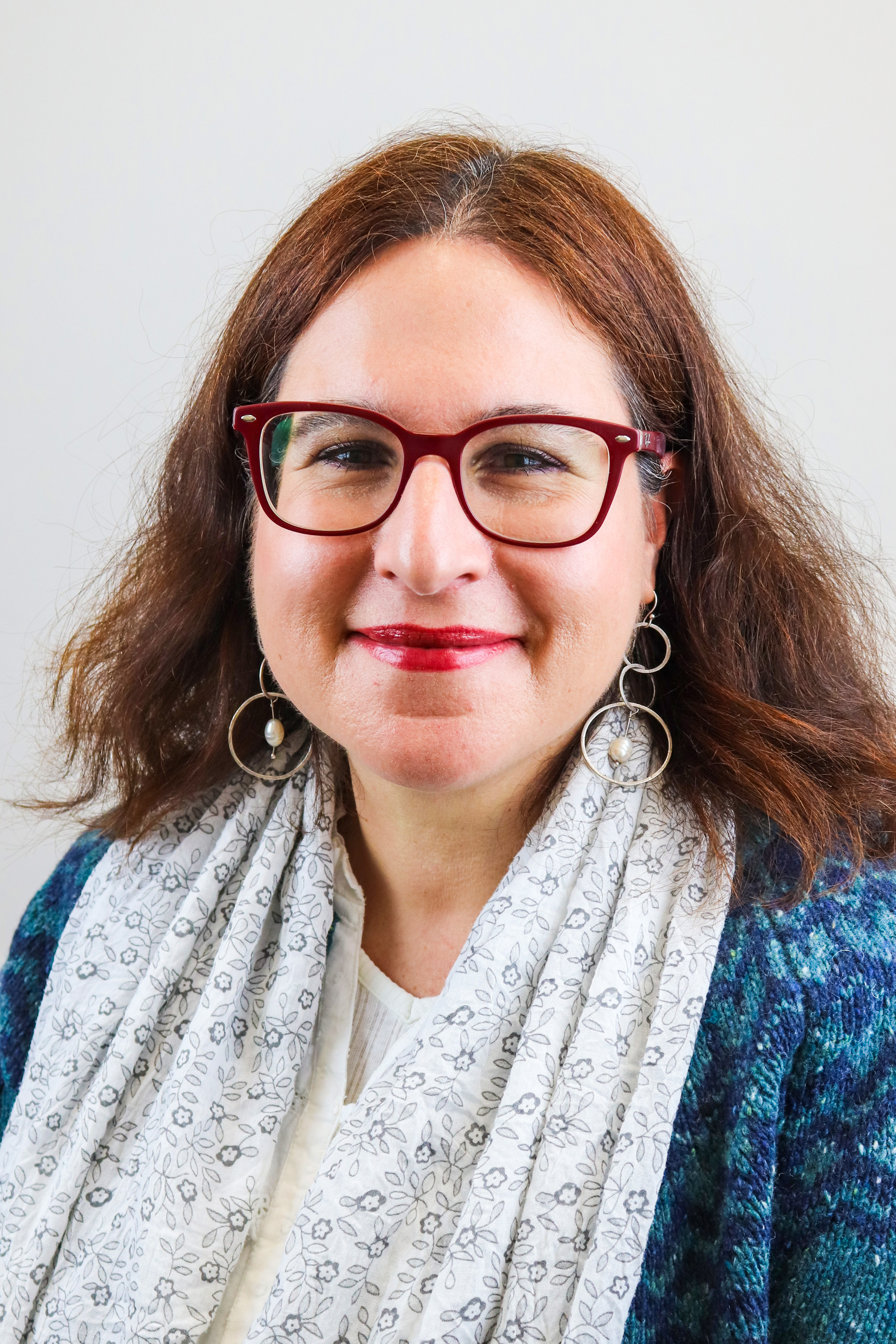Language and Communication Research Group
About us


We are an enthusiastic, interdisciplinary group of scholars and researchers from across the university, with interests in all aspects of language and communication and the place they have in our lives. In the Language and Communication Research Group we’re working on topics in philosophy of language, theory of communication, language in the media, semantics and pragmatics, the definition of language as a human phenomenon, gender and age in language use, language and place, political communication in language, dialogue, narrative and storytelling, language in critical theory, semiotics and rhetoric.
The group has a long history at Middlesex University, going back to the ground-breaking work in biosemiotics and cultural studies conducted here over many years by Paul Cobley (now emeritus professor) and colleagues, linguists like Billy Clarke and others. We have made significant contributions to narrative theory and the theory and practice of close-reading. The study of language and communication at Middlesex has always been influenced by Middlesex’ culture of theoretically grounded, critical, engaged and socially impactful scholarship and research. This has led to a research environment that is particularly attuned to approaches to language that cast a wider net than seeing language exclusively as a code-based domain. We are interested in the many ways in which language as a material, embodied praxis is an organic part of social, cultural, natural, interpersonal and intrapersonal processes. We see understanding language and linguistic diversity as a central aspect of social transformation. It is also a fascinating goal in itself. Through our research we aim to contribute to a better social understanding of language and communication and their role in human well-being. We also aim to support the development of communicative competence in all Middlesex students, recognising this is one of the most consequential graduate attributes. A contemporary, critical and inclusive notion of eloquence underpins the contribution we aim to make to teaching and learning in the University.
These long-standing currents of thought and practice continue today with Discourse Analysis, Conversation Analysis, investigations into Multimodality, Systemic Functional Linguistics, Integrationism, Critical Discourse Analysis, Rhetorical Theory, Modelling Systems Theory, Dialogue Studies, Philosophy of Communication, and other approaches in the study of language and communication.
Group members have recently researched and published on topics including prosody, parliamentary discourse, the language of religion and utopia, narrative, discourses about food and ageing, language in environmental humanities, translingualism, dialogue, rhetorical conversation analysis, rhetorical approaches to syntax, philosophy of communication, metacognitive approaches to reading pedagogies and freedom of speech.
The group is home to the European Journal for the Philosophy of Communication (Empedocles), co-home to the journal Social Semiotics and the book series Handbooks of Communication Science, and is closely involved in the Section for the Philosophy of Communication of the European Communication Research and Education Association (ECREA). Group members are on the editorial boards or, and/or have published in journals such as Language and Communication, Language Sciences, Discourse Studies, Futures and many others.
We are interested in supervising PhD projects in any of our areas of interest and expertise. Feel free to contact members of the group.
Associate members
- Dr Sinead Kwok, Hong Kong University - View profile
- Dr Adrian Pable, University of Applied Sciences and Arts of Southern Switzerland - View profile
Calls for papers
Here we post calls for papers by our research group and our collaborators:
Events
We have held an event 8 October 2025 in which we have explored how plant memory can inform principles of digital ecologies and have discussed the Valentina Vetturi's research project.
Language and Communication research seminars
The Language and Communication research group hosts regular research seminars that explore work on language, discourse and communication. Literature, creative writing and even film are also considered, representing our inclusive view of the subject area. The seminar sessions include research presentations, workshops and reading groups.
In previous years we explored Monsters in Popular Cultural Texts (from witches and vampires, to zombies and werewolves), national and sexual identities, interpretation, reformation, multimodality and supercategory semantics; naming practices, archival research, the Gothic, reading on screen, visual semiotics and site-specific drama; creative criticism, languaging, language innovation and change, accents in film and television, intertextuality reimagining Orwell, city poetry, American metafiction, narrative, fictionalising transatlantic slavery, philosophies of dialogue and others.
The sessions are free and open to all staff, students and guests. For more information or if you would like to lead a session, contact Anna Charalambidou.
The Language and Communication Research Group is part of collaborations with the Institute of Languages, Cultures and Societies, School of Advanced Study, University of London; Department of English, Manchester Metropolitan University; Department of English, Hong Kong University; the Institute of Science and Environment, University of Cumbria and others.
Workshops and projects
- Violence and Unhappy Endings: Book Presentation 4 December 2025, 16:00-18:00
- ECREA Philosophy of Communication Workshop, “Dialogue as Community Building and as Philosophical Method”
- Middlesex Roundtable on Signs, Language and Communication
- Consuming Authenticities
- The Grenglish Community Engagement Project
- Ernst Bloch Centre for German Thought: Buber Seminar Series
- Political Communication: gender and linguistic participation in parliaments; political interviews
- Pre-school narratives: psychological causality in contemporary media for children
- Communicating Wisdom: A Study of Fishing in Youth Work
- Ontological Generosity: The Communicability of Being.
- Voices of the Future
- Digital Voices of the Future




